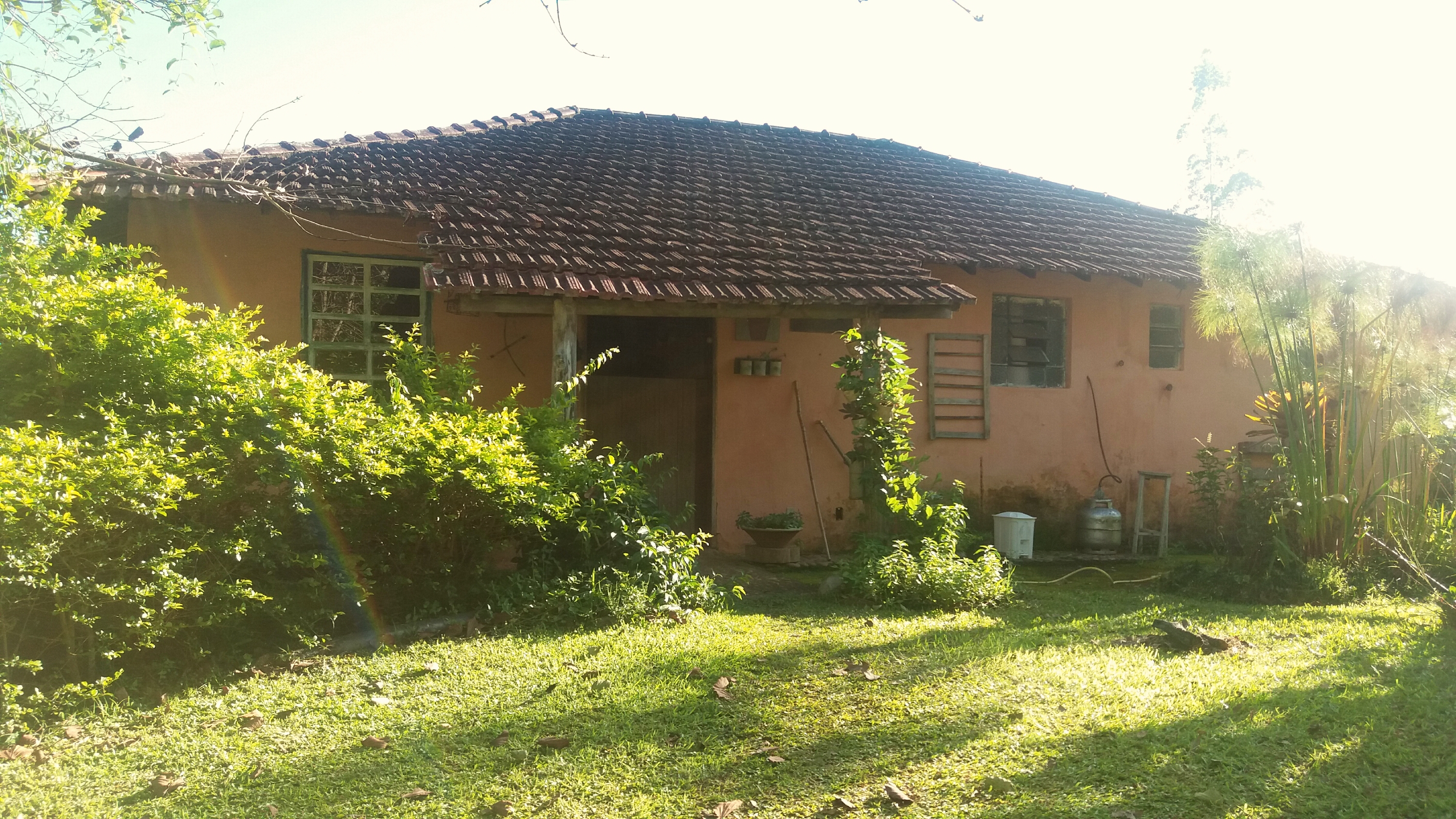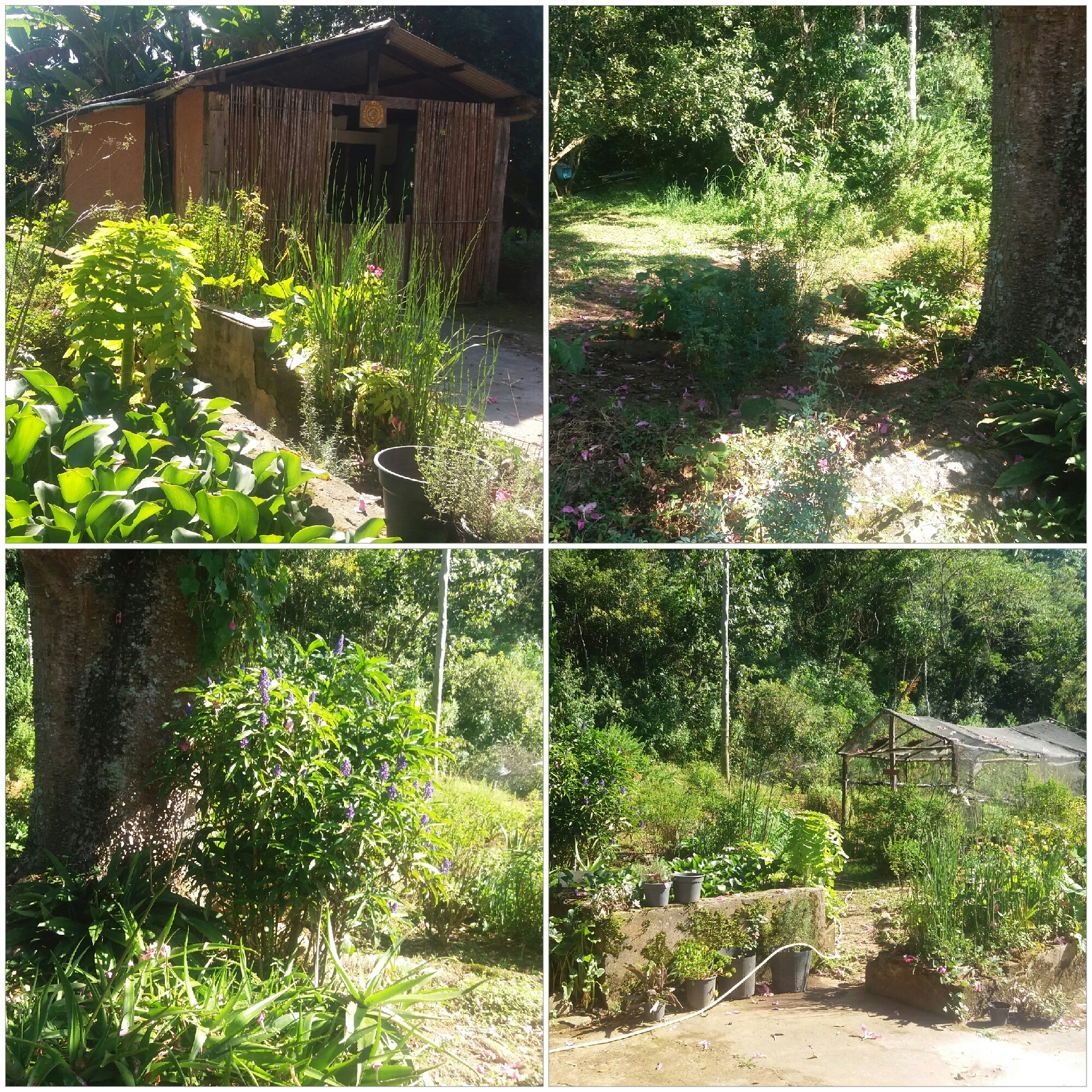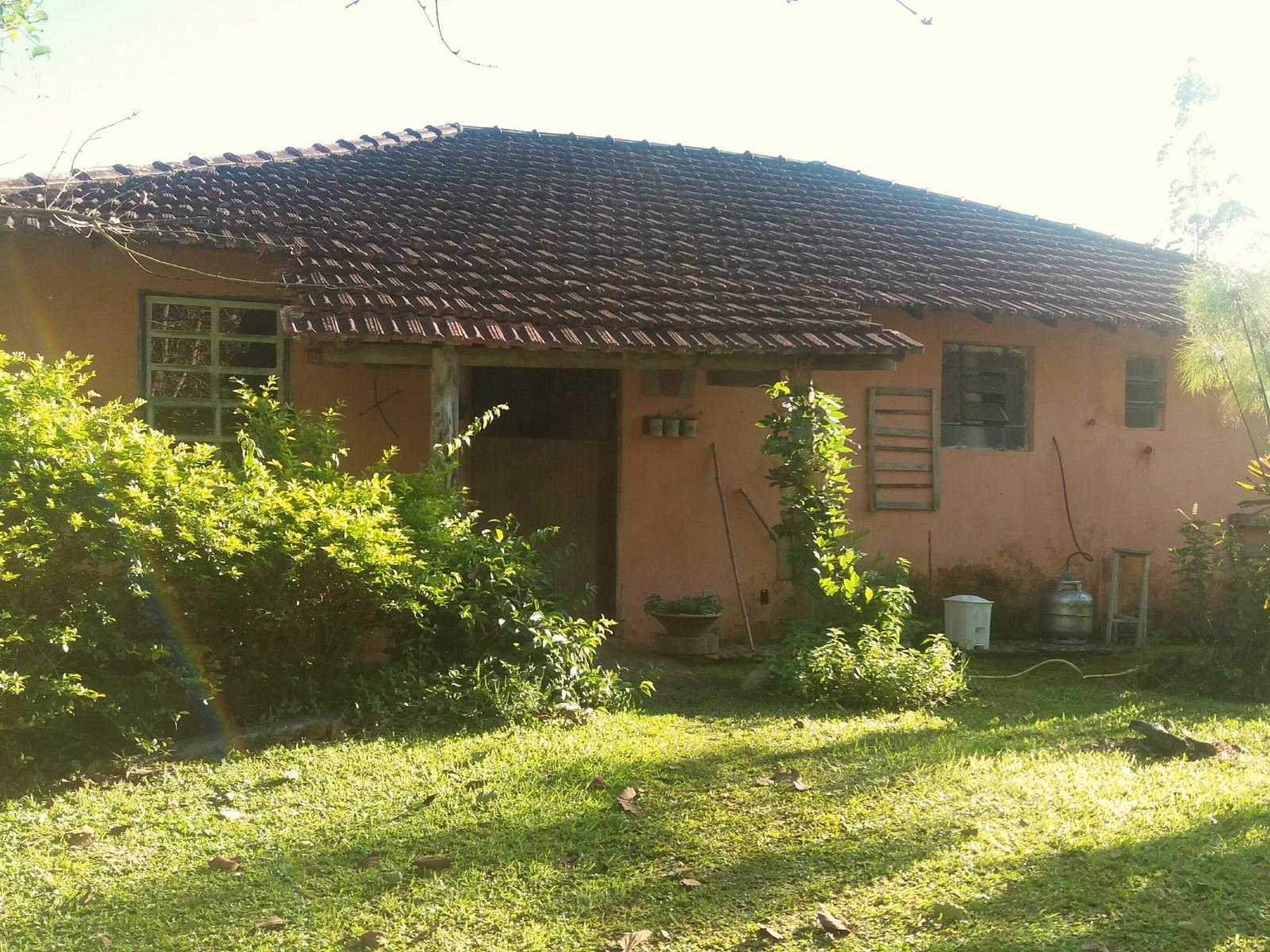An Overview Of Our Solution
- Population Impacted:
- Continent: South America
Organization type
Population impacted
Size of agricultural area
Production quantity
People employed
Describe your solution
Describe your implementation
External connections
What is the environmental or ecological challenge you are targeting with your solution?
Describe the context in which you are operating
The Nova Terra Association operates in a region where agriculture loses space for tourism and summer occupations. The pastures and monocultures of maize, beans and eucalyptus have been promoting the pollution of water, air and soil through the use of phytosanitary products as well as soil erosion and silting of water courses. In its Demonstration Unit, Fazenda São José, has been promoting soil enrichment and water conservation through agroecological management. The São José Farm, which until 1984 was a pasture area, currently has preservation areas in harmony with agroecological production. Due to the lack of public policies, communication difficulties and dislocation on the precarious roads of the region, it works in partnership with APROVIM Producers Association, Fertile Crescent Association, School of Light, CEFLURG - Eccentric Center of Universal Light Fluent Rita Gregório And the APA (Environmental Protection Area) Serra da Mantiqueira.
lease include facts/figures where possible.
How did you impact natural resource use and greenhouse gas emissions?
Language(s)
Social/Community
Water
Food Security/Nutrition
Economic/Sustainable Development
Climate
Sustainability
Currently the Brazilian government maintains public policies for the promotion of family production and such policies include the financing of agricultural projects for these properties. In this way, government financing supports the development and commercialization of products from family agriculture, although the greatest economic sustainability comes through the organization of the region's producers and the flow in the local market. The weekly organic fairs, the sale in the store of the network and the home deliveries are the main means of disposing of the productions.
Return on investment
Entrant Image

Entrant Banner Image

